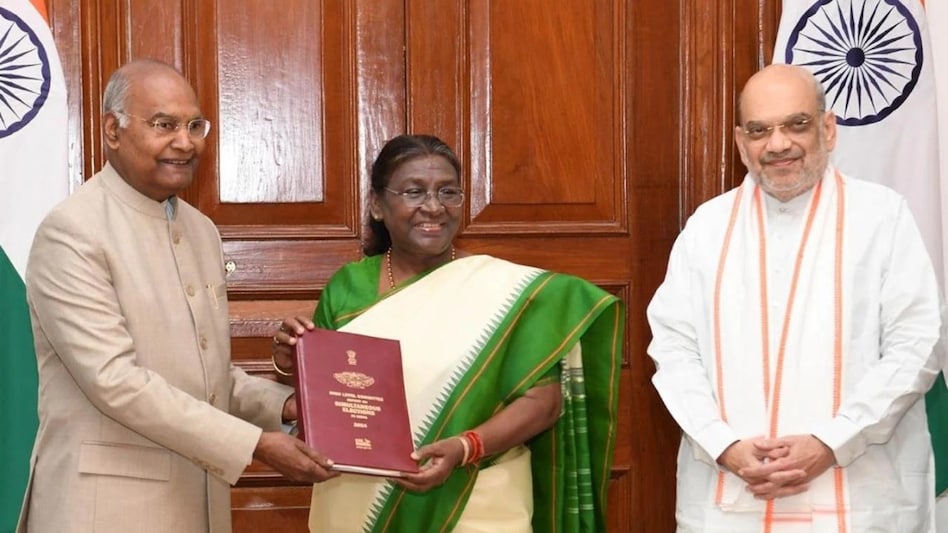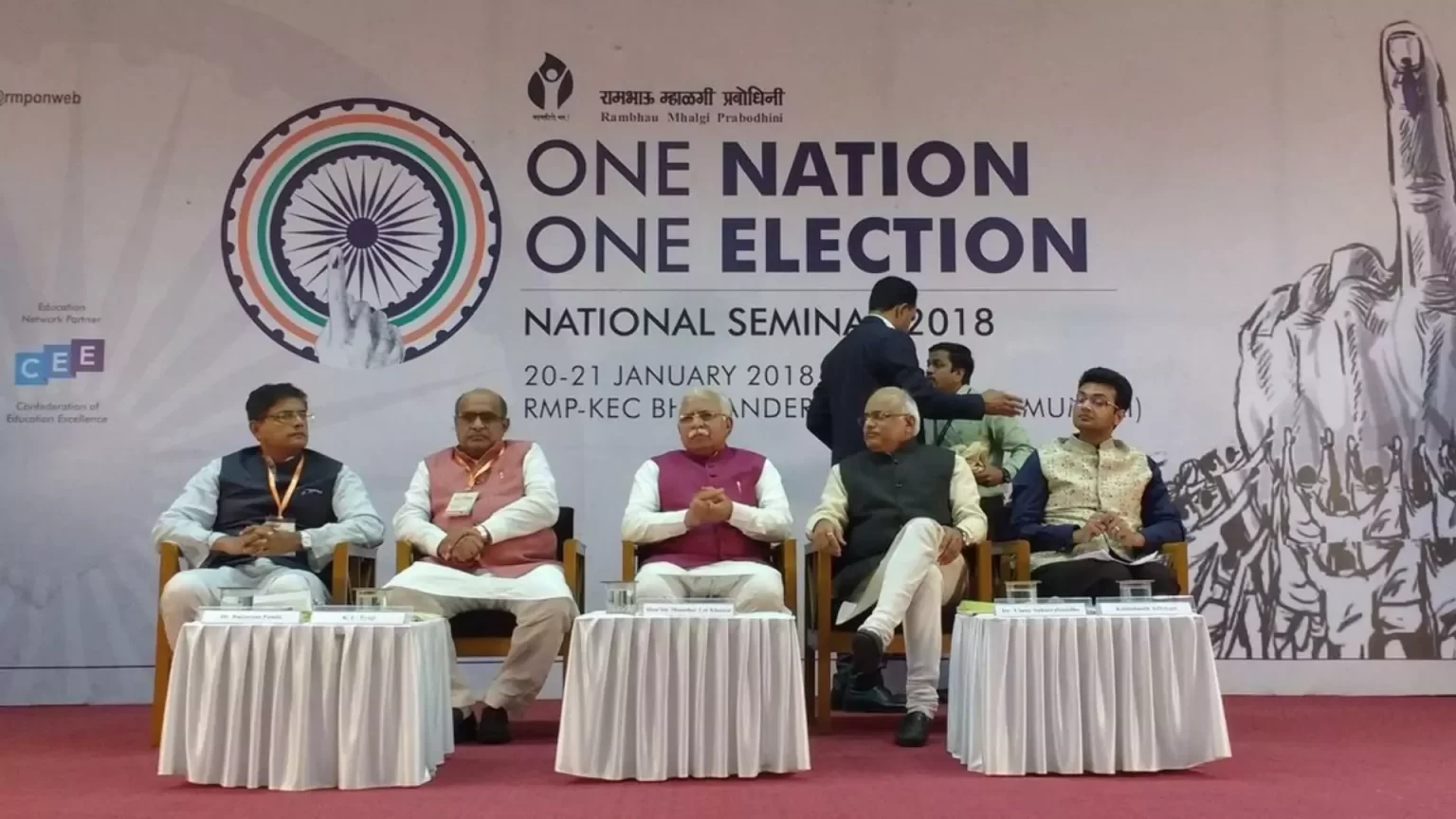The concept of “One Nation, One Election” proposes to synchronize elections for the Lok Sabha and state assemblies, aiming to reduce the frequency of polls and associated costs. While it may seem efficient, there are several reasons why this idea warrants serious challenge.

Source:- bbc news
Firstly, it undermines the federal structure of India. Elections are a critical mechanism for state governments to remain accountable to their constituents. Synchronizing elections could diminish the state’s unique political context and needs, leading to a homogenized political landscape where regional issues are overshadowed by national narratives.
Source:- news 18
Secondly, this proposal could weaken democratic participation. Frequent elections encourage civic engagement and political awareness among the electorate. If elections are reduced in frequency, voters may become apathetic, leading to a decline in public interest and participation in the democratic process. This could ultimately hinder the development of a politically informed populace.
Moreover, the logistical challenges of conducting simultaneous elections are significant. The complexity of organizing a single election for all levels of government poses risks of mismanagement and potential manipulation, as various stakeholders vie for attention and resources.
Additionally, the potential for majoritarianism increases. In a synchronized electoral cycle, the party that wins at the national level may dominate state elections, stifling regional parties and voices that reflect local concerns and interests. This could lead to a dilution of pluralism, which is vital in a diverse country like India.
Lastly, there are concerns about the timing and funding of campaigns. With synchronized elections, the pressure to fund and conduct campaigns simultaneously may disadvantage smaller parties and independent candidates, further entrenching the dominance of larger political entities.
In summary, “One Nation, One Election” poses risks to federalism, democratic engagement, electoral integrity, and political pluralism, making it essential to challenge this initiative rigorously.
Share your views in the comments

